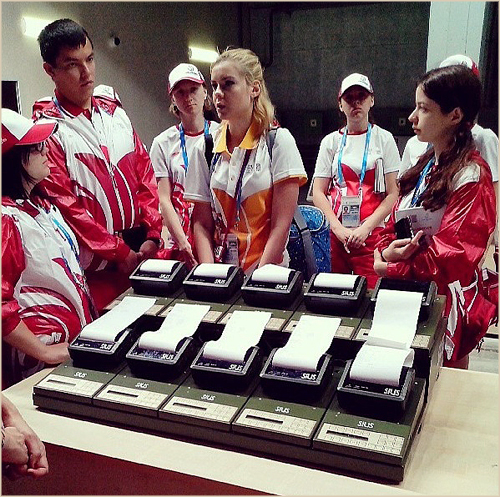Part I
AUTHOR: Tatiana Nikulina, Expert in Sports Volunteering Operational Management NR SVS
Building a successful volunteer program in a country with a low level of volunteering culture requires a culturally sensitive and context-specific approach that involves understanding the local context, tailoring the program to the specific needs and challenges of the community, and recognizing that a successful program can have significant positive impacts on the community, the event, and the volunteers themselves.
Cultural factors such as attitudes towards volunteering and social norms can vary significantly between communities and impact volunteer recruitment and retention. To address these factors, organizers should work with local leaders and organizations to understand cultural norms and beliefs, identify potential barriers, and build relationships with the community to foster shared ownership and investment in the program’s success.
Social factors, such as social capital, trust, and social networks, can impact the success of a volunteer program in a country with a low level of volunteering culture. To address these factors, organizers should prioritize transparency, build relationships with local leaders and organizations, and create opportunities for volunteers to connect with the community they serve.
Economic factors such as levels of economic development, income inequality, and access to resources can impact the success of a volunteer program in a country with a low volunteering culture. To address these factors, organizers may provide help, offer services to offset costs, provide flexible scheduling or remote volunteering options, and prioritize volunteer education and training.
Organizers should conduct research to identify needs and challenges to tailor a volunteer program to the local community, develop a program tailored to those needs, and engage with local stakeholders throughout the planning and implementation process. Involving community leaders, organizations, and volunteers in program design and implementation is critical to ensuring that the program is culturally appropriate, aligned with local priorities and needs, and can help build trust and support within the community.
With extensive experience in managing a volunteer program for a major sporting event in countries with a low level of volunteer culture, we can have a closer look into detailed vital observations and findings from the volunteer programs for the Kazan 2013 World Summer Universiade (Russia) and Tbilisi 2015 European Youth Olympic Festival (Georgia). These countries can be described as post-communist, with a unique attitude towards volunteering resulting from the negative heritage of forced “volunteer” activities during Soviet times, lack of awareness about volunteering and volunteer organizations, lack of trust in NGOs and volunteer organizations, lack of experience in organizing major sporting events, and economic issues.
Research revealed that young people were the most receptive to volunteer programs because they were less affected by negative factors and had more access to information about volunteering through the Internet and social networks. Despite these difficulties, both cases saw the establishment of successful volunteer programs that fostered volunteer culture in the country. The emphasis was on informational and promotional events to raise awareness about event volunteering and attract potential candidates to volunteer. Additionally, test events were held to implement effective management practices, raise volunteer trust, slowly build the volunteer community, and create a positive volunteering experience.
Effective volunteer management involves coordinating with numerous stakeholders, who often face difficulties in identifying their needs, defining the volunteer’s role, and delegating tasks and responsibilities throughout the volunteer journey from recruitment to post-event appreciation. This can present a challenge for both the stakeholders and the volunteer manager. However, based on experience, clear communication of needs, opportunities, and expectations can develop effective policies and procedures that benefit all parties involved. These policies can be implemented through strong collaboration and coordination to achieve mutually successful management of major sporting events.


